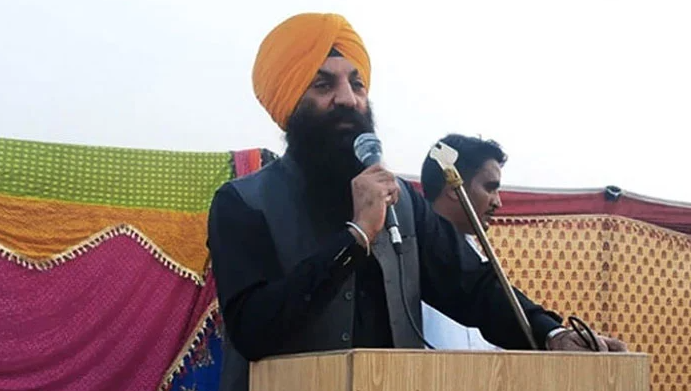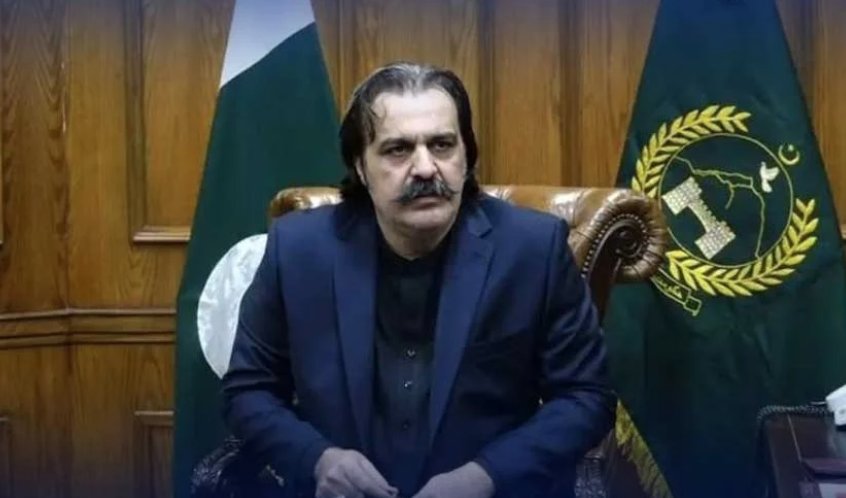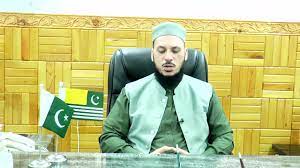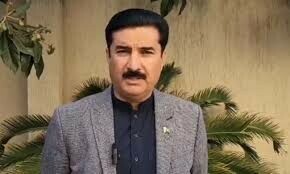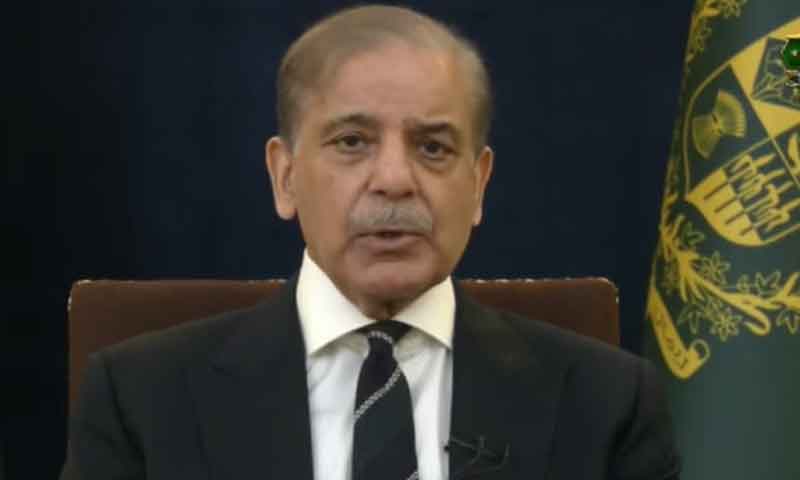POLITICS & POLICY MAKING
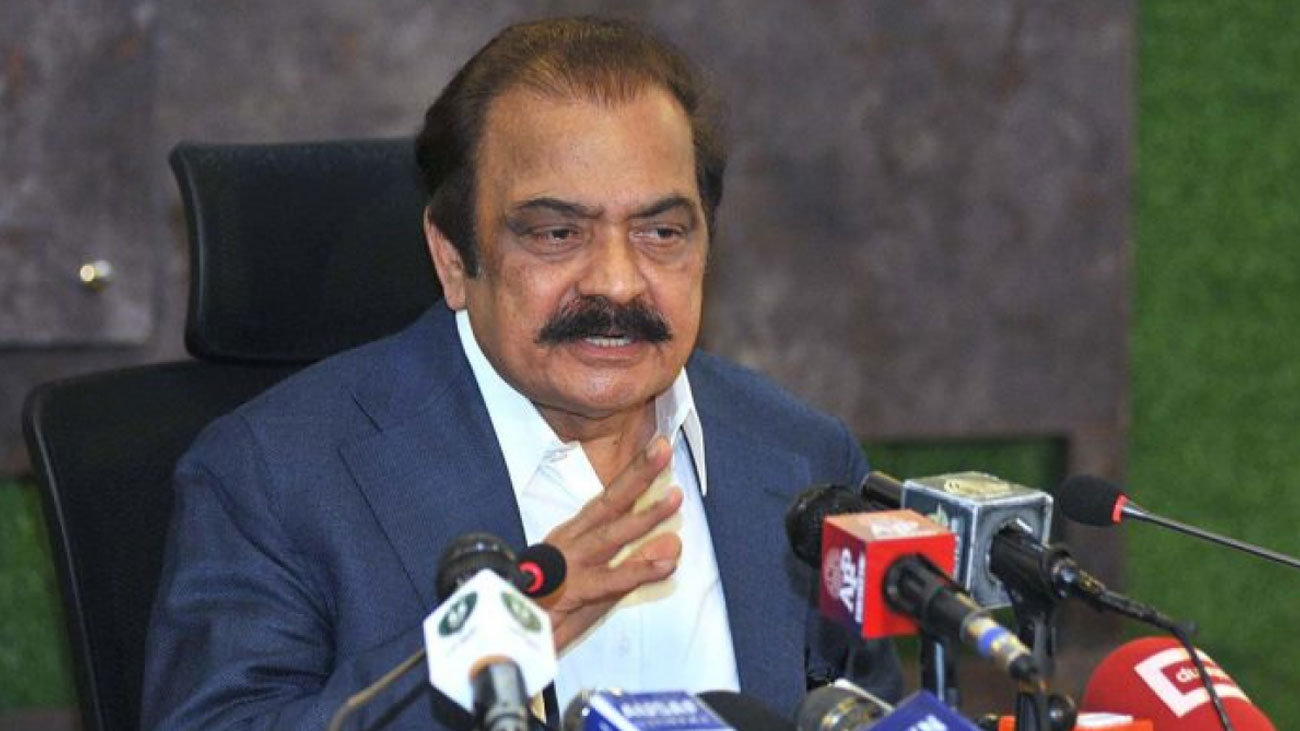
The Supreme Court of Pakistan recently ruled in favor of Pakistan Tehreek-e-Insaf (PTI) regarding specific seats in the national and provincial assemblies. The decision has sparked a wave of reactions from leaders across the political spectrum, underscoring deep divisions and differing interpretations of the court's verdict.
Rana Sanaullah, a prominent leader from the ruling party Muslim League (N), expressed strong dissatisfaction with the Supreme Court's decision. He criticized the ruling, describing it as incomprehensible and lacking transparency in delivering justice. Sanaullah particularly raised concerns over the status of independent candidates who later aligned with the Sunni Ittehad Council.
Prime Minister Nazir Tarar, addressing reporters, conveyed his disappointment with the brevity of the court's decision. He highlighted that the relief granted to PTI on specific seats was granted without the Sunni Etihad Council's direct involvement in the legal proceedings, raising procedural questions.
Uzma Bukhari, Punjab Information Minister, took to social media to question the decision's prioritization of personal affiliations over constitutional principles and institutional integrity. Bukhari criticized what she perceived as a trivialization of serious legal matters affecting the nation.
The ruling has set off a series of consultations among political parties regarding potential next steps. While some leaders are contemplating legal appeals, others are calling for a broader dialogue on the implications of the court's decision for Pakistan's democratic processes.
The Supreme Court's decision continues to be a focal point of intense debate, reflecting the complex intersection of law, politics, and governance in the country.
